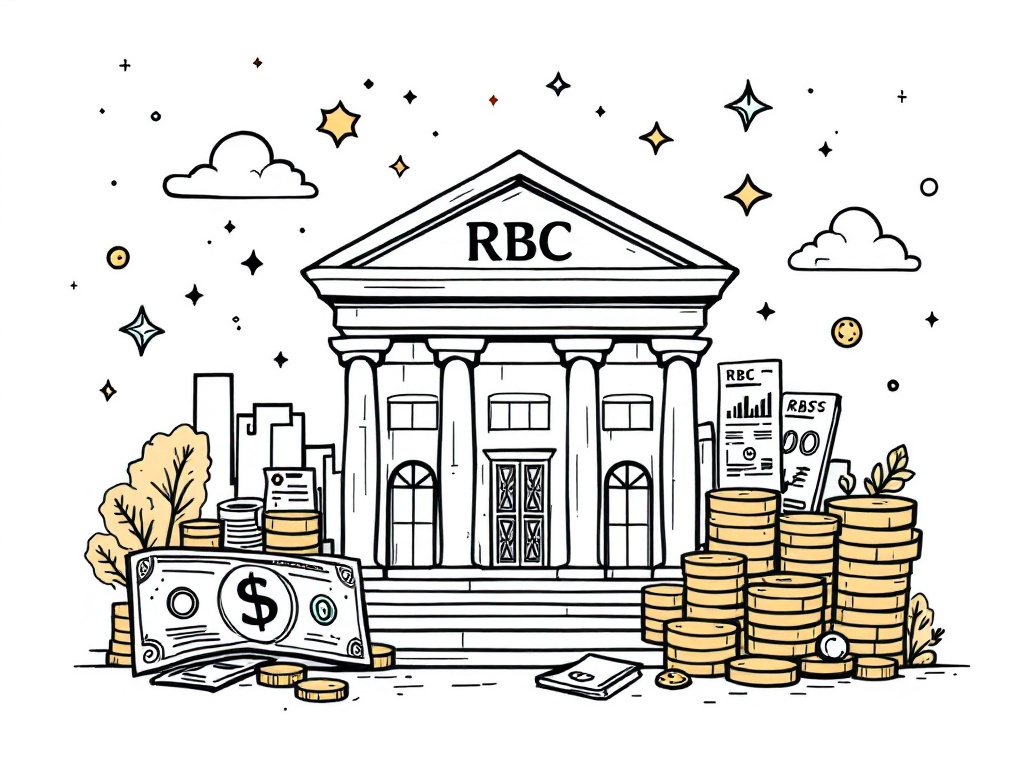RBC Investors Scrutinize Growth Amid Intensifying U.S. Trade Tensions

New York, Wednesday, 26 March 2025.
With the U.S. generating 26% of RBC’s revenue, escalating trade tensions create significant uncertainty for RBC investors, prompting analysis of the bank’s profitability and future growth in North America.
Strategic Growth and Market Position
As RBC prepares for its first investor day in seven years, scheduled for March 28, 2025, the bank’s strategic positioning comes under heightened scrutiny. With $2.1 trillion in assets, RBC has established itself among major North American lenders [1]. The bank’s recent completion of a $10 billion acquisition of HSBC’s Canadian operations demonstrates its commitment to market expansion [1]. CEO Dave McKay’s vision focuses on making RBC ‘simpler, faster and more innovative’ through strategic scale enhancement and operational streamlining [1].
Market Performance and Investor Sentiment
RBC’s market performance has been notably robust, with the stock recording a 66% gain since its last investor day in June 2018 [1]. This outstanding performance contrasts sharply with the mixed results of other top Canadian banks, which have seen returns ranging from an 8% loss to a 43% gain during the same period [1]. The bank currently trades at 12.02 times forward earnings, commanding a premium valuation compared to its Canadian banking peers [1].
Economic Headwinds and Policy Challenges
The current economic landscape presents significant challenges, with the Bank of Canada noting increased uncertainty due to potential new tariffs [5]. Adding to these concerns, U.S. President Donald Trump has questioned the limited presence of U.S. banks in Canada and implemented changes to immigration policies affecting Canadians [1]. These developments coincide with RBC Wealth Management’s recent market analysis, which acknowledges the ‘testing time for markets and investors’ [3].
Future Growth Trajectory
Industry experts suggest a strategic focus on smaller acquisitions might be more beneficial for RBC’s growth. According to Anthony Visano, managing director at Kingwest, ‘It makes more sense for RBC to buy smaller wealth management assets than bigger retail assets’ [1]. The bank has indicated strong potential for organic growth in the U.S. market [1], while continuing to expand its capital market and wealth management operations [1]. This approach aligns with recent market volatility discussions and investment trends highlighted in RBC’s wealth management insights [3].
Sources
- ca.marketscreener.com
- us.rbcwealthmanagement.com
- us.rbcwealthmanagement.com
- www.rbcgam.com
- www.bankofcanada.ca